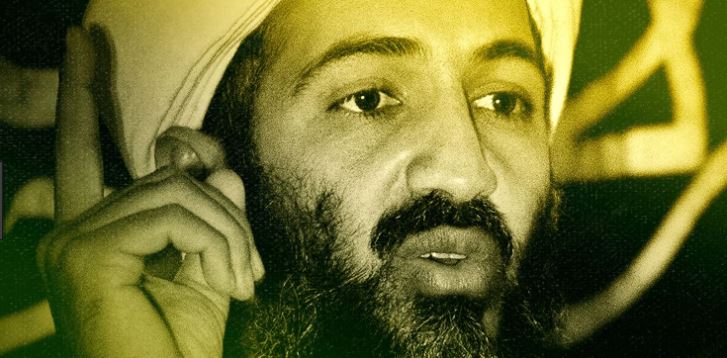
Americans and Europeans have become accustomed to hearing in the aftermath of terrorist attacks that the perpetrator was “on the radar” of authorities but somehow slipped through the cracks, like reported by wnd.com.
In Sri Lanka, where Christians suffered a suicide bomb attack that killed 258 on Easter, the country’s president publicly rebuked his intelligence chief on Thursday after he told a parliamentary panel that the attack could have been avoided.
Former Department of Homeland Security Islam subject matter expert Philip Haney pointed out to WND that Indian intelligence officials gave Sri Lankan intelligence specific names and dates prior to the April 21 attack.
The problem apparently was that they didn’t take seriously the group that now is the prime suspect, Tawheed Jamaat.
The group is part of the worldwide Deoband movement, which includes the Taliban and Tablighi Jamaat, the group tied to the San Bernardino terrorists by the FBI.
“Sri Lankan authorities said they didn’t believe Tawheed Jamaat had such a capacity,” noted Haney. “It was a marginal group, they said. No. Tawheed Jamaat has branches all over the world, including in the United States.”
The problem is familiar to Haney. When Syed Farook and Tashfeen Malik massacred 14 people in San Bernardino, California, in December 2015, he discovered that a case he developed on the Deoband group Tablighi Jamaat might have prevented the attack if it had not been shut down by his agency and Hillary Clinton’s State Department.
In the immediate aftermath of the Orlando massacre in 2016, Haney found that the Islamic Center of Fort Pierce, Florida, attended by Omar Mateen is part of the Deoband movement.
Three years prior to the San Bernardino attack, Obama administration officials insisted that Tablighi Jamaat members merely were students of the Quran. As recounted in Haney’s bestselling book, “See Something, Say Nothing,” the DHS Civil Rights and Civil Liberties division complained that Haney’s case and the consequent policy of denying visas to Tablighi Jamaat members was an infringement of their rights.
But like al-Qaida, the Muslim Brotherhood and al-Qaida in the Indian sub-continent (AQIS), the objective of these international Islamic organizations is not terrorism — that is a tactic, Haney points out — but the establishment of Islamic law over all the earth.
“That is their goal,” he said. “That the deen, or the way, of Allah, the Shariah, will prevail on the earth.”
Osama bin Laden’s 1998 fatwah declaring war on the United States, the Muslim Brotherhood’s “Explanatory Memo” vowing destruction of Western Civilization from within and the AQIS “Code of Conduct” bear the same message, Haney emphasized.
Haney noted that in bin Laden’s fatwah, the al-Qaida leader identified himself as part of the World Islamic Front. Half of that coalition’s members, Haney said, are Deoband groups.
He added that the attack in Sri Lanka is just one indicator that the “center of gravity” of the global Islamic movement has shifted to the Indian subcontinent.
At least 90 Deoband groups exist in Bangladesh alone, he said, and others are in the Philippines, Uzbekistan, Pakistan and Afghanistan.
“Now intelligence officers and analysts in Sri Lanka are waking up to the fact that the center of gravity is in their front yard,” said Haney.


